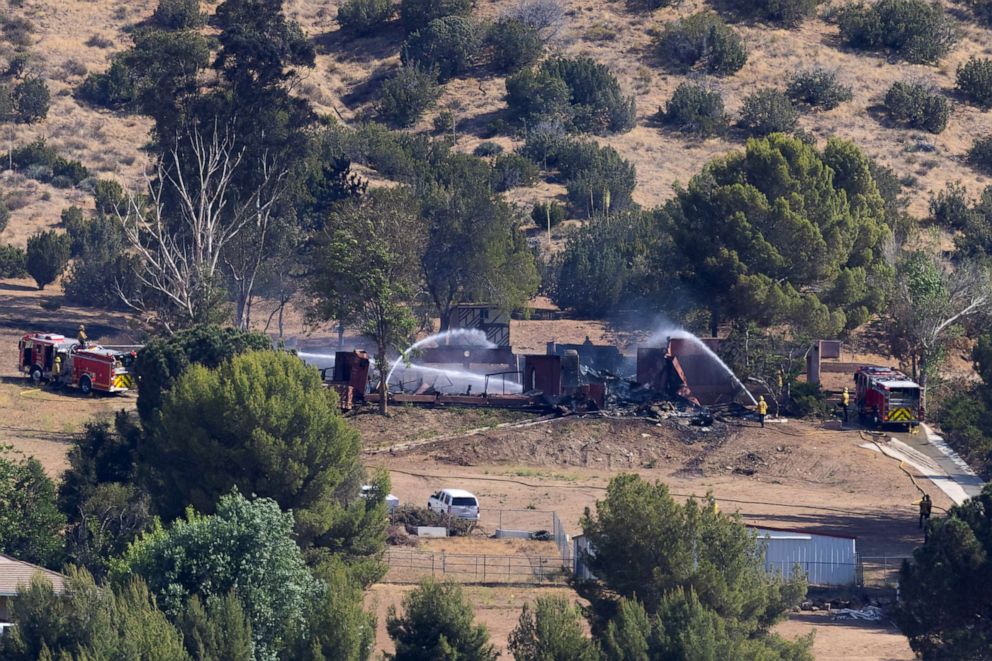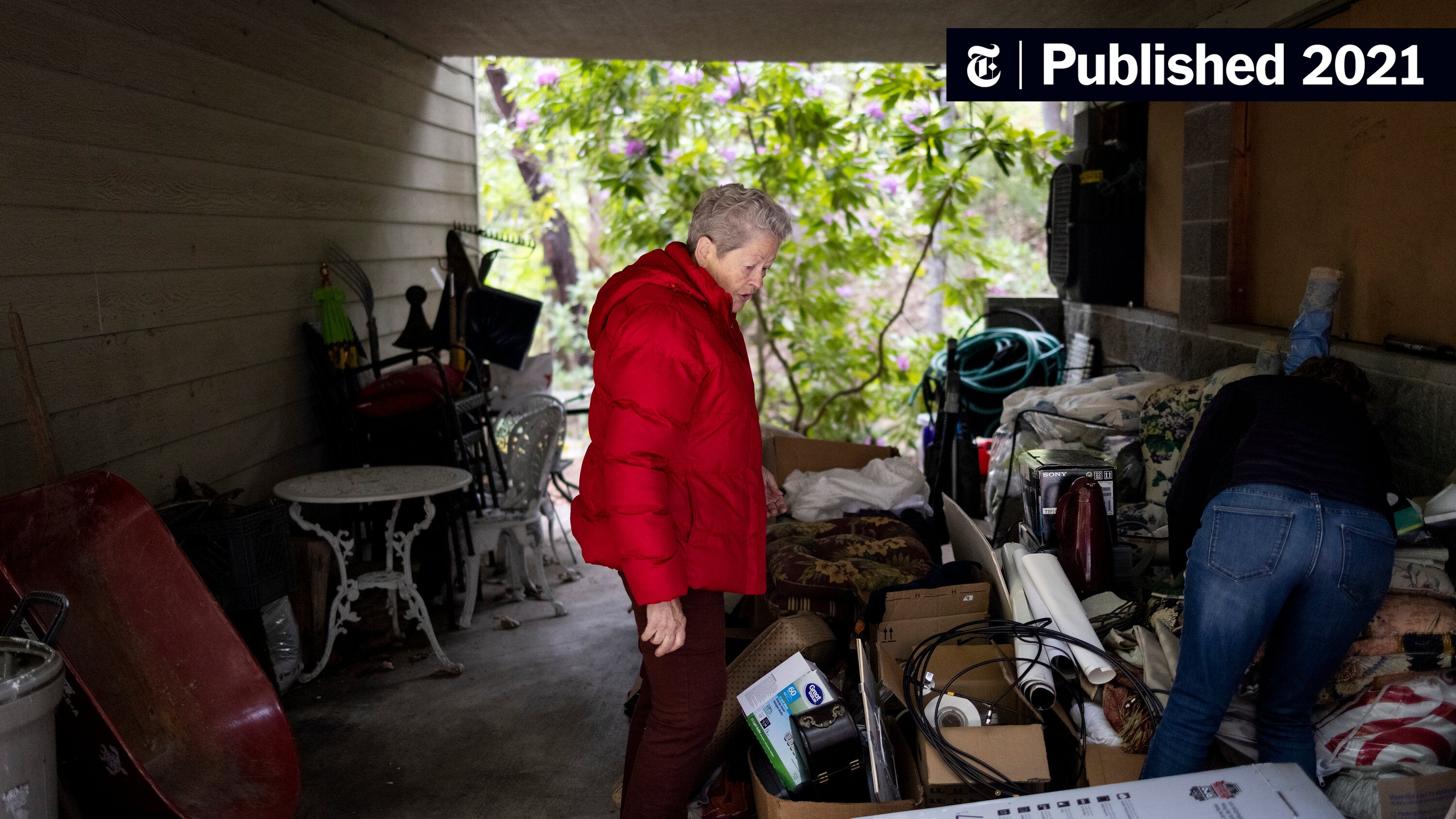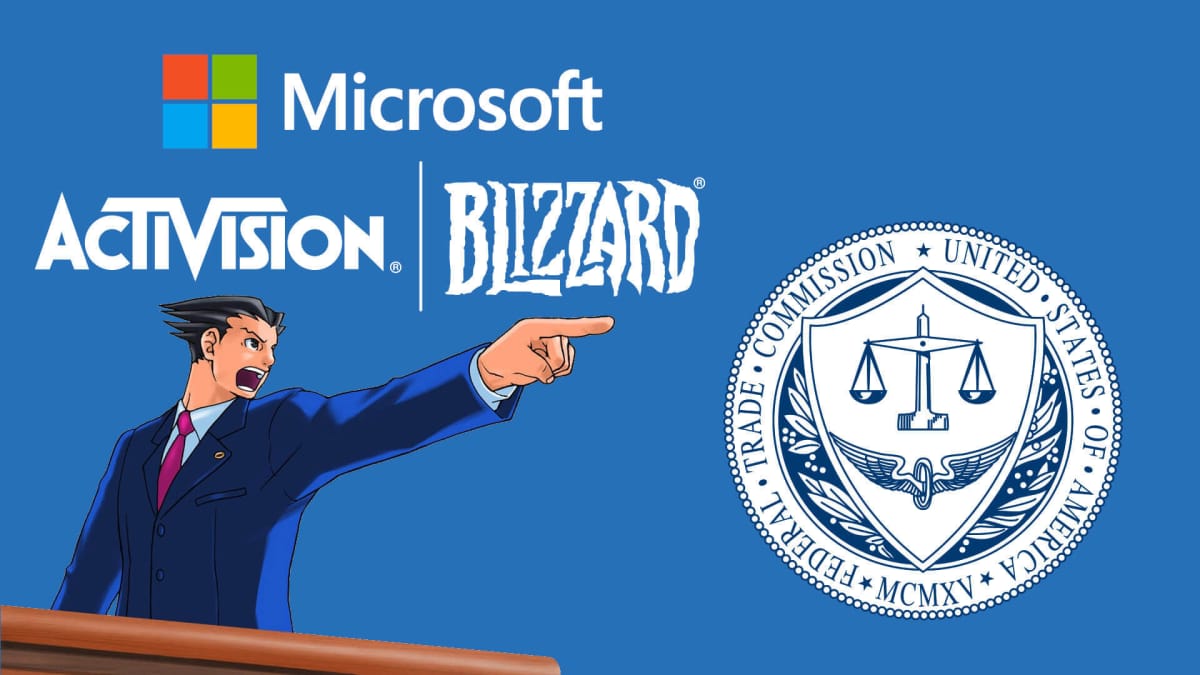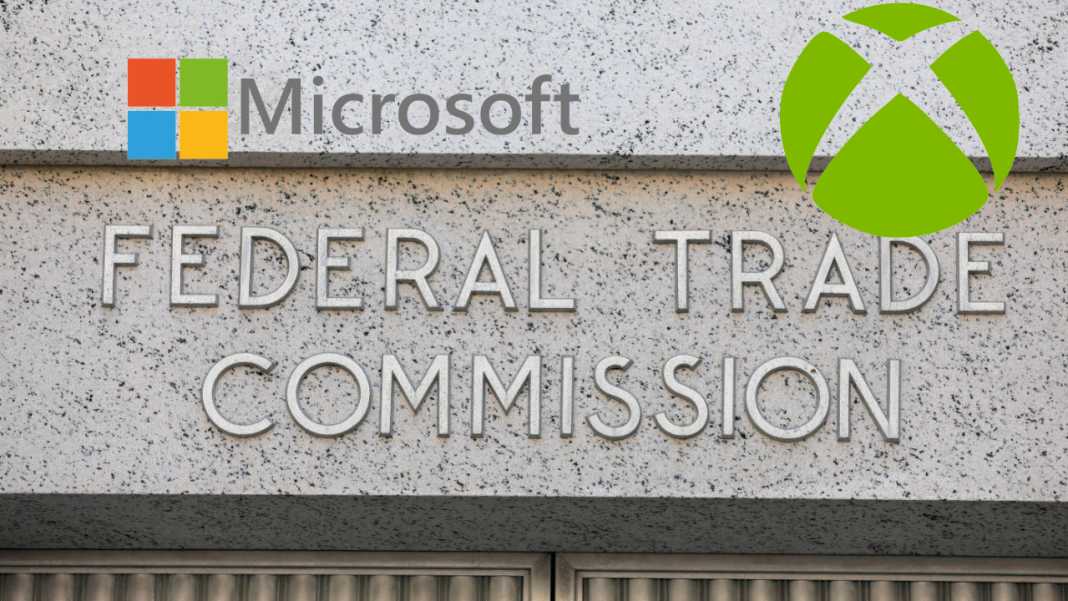Political Polarization In Canada: The Trump Factor And Alberta's Oil Patch

Table of Contents
The Trump Factor and its Ripple Effect on Canadian Politics
The presidency of Donald Trump undeniably left its mark on the North American political landscape, and Canada was not immune to its influence. His rhetoric and policies, often characterized by strong nationalism and disregard for international agreements, resonated with and exacerbated existing divisions within Canadian society.
Increased Partisanship and Ideological Divides
Trump's presidency fueled increased partisanship and widened ideological divides within Canada. His "America First" approach, coupled with his aggressive trade policies and withdrawal from international accords like the Paris Agreement, created a polarized response in Canada.
- Trade Disputes: The imposition of tariffs on Canadian goods ignited fierce debate and heightened tensions between the two countries, fueling nationalist sentiments on both sides of the border.
- Environmental Policies: Trump's rejection of climate change science and his administration's rollback of environmental regulations further polarized Canadian political discourse, particularly between those advocating for strong climate action and those prioritizing economic growth.
- Political Party Responses: The Conservative Party of Canada, while not mirroring Trump's policies entirely, adopted some similar protectionist rhetoric, particularly concerning trade. The Liberal Party, in contrast, emphasized international cooperation and multilateralism, further solidifying the partisan divide. The rise of populist and nationalist sentiments within the Canadian political landscape echoes the trends observed in the United States during the Trump era.
The Role of Social Media in Amplifying Polarization
Social media platforms, with their algorithms designed to maximize engagement, played a significant role in amplifying political polarization in Canada. Echo chambers and filter bubbles reinforced pre-existing beliefs, limiting exposure to diverse perspectives.
- Online Debates: Online discussions often devolved into hostile exchanges, with little room for constructive dialogue. The anonymity afforded by the internet often emboldened users to express extreme views.
- Misinformation and Disinformation: The spread of false or misleading information about political figures and policies further fueled division and mistrust. Foreign interference and online manipulation campaigns also contributed to this phenomenon.
- Algorithmic Amplification: Social media algorithms tend to prioritize sensational and emotionally charged content, leading to the increased visibility of polarized viewpoints. This creates a feedback loop, where users are primarily exposed to information that confirms their existing biases.
Alberta's Oil Patch and Economic Anxiety
Alberta's oil and gas industry has long been a significant driver of the Canadian economy. However, recent challenges, including fluctuating oil prices, pipeline constraints, and growing concerns about climate change, have created significant economic anxiety within the province, significantly influencing political polarization in Canada.
Economic Uncertainty and Political Backlash
The economic uncertainty facing Alberta's oil industry has fueled a political backlash against the federal government. Many Albertans perceive federal policies on climate change and energy regulation as detrimental to their province's economy.
- Fluctuating Oil Prices and Pipeline Disputes: The volatility of global oil prices and the repeated delays and cancellations of pipeline projects have created economic insecurity and resentment towards both the federal government and environmental activists.
- Political Support: This economic anxiety has translated into increased support for political parties that champion provincial autonomy and resource nationalism.
- Resource Nationalism and Provincial Autonomy: The debate surrounding resource ownership and control, as well as the federal government's role in regulating the energy sector, has become a major source of political division.
Federal-Provincial Tensions and Intergovernmental Relations
Disagreements over energy policy and climate change have significantly strained federal-provincial relations, contributing substantially to political polarization in Canada.
- Carbon Tax and Pipeline Approvals: The federal government's imposition of a carbon tax and its approach to pipeline approvals have been major points of contention with the Alberta government, exacerbating existing tensions.
- Media Framing: Different media outlets often framed these conflicts in ways that reinforced pre-existing political biases, further polarizing public opinion. This selective reporting often exacerbated divisions rather than facilitating understanding.
- Intergovernmental Conflict: The ongoing conflict between the federal and provincial governments has created a climate of distrust and antagonism, making it challenging to address key national issues through collaboration.
Conclusion: Navigating Political Polarization in Canada
The combined impact of the "Trump factor" and the economic challenges faced by Alberta's oil patch has significantly contributed to political polarization in Canada. Social media's role in amplifying polarized viewpoints and fostering echo chambers cannot be understated. Addressing economic anxieties and fostering constructive dialogue are crucial to mitigating this division. We must promote media literacy to help Canadians critically evaluate the information they consume and engage in respectful, evidence-based discussions. Addressing Canadian political polarization requires a multifaceted approach, including addressing economic inequality, promoting constructive dialogue, and fostering greater understanding across different regions and ideologies. Finding solutions for political polarization in Canada demands a commitment to building bridges, fostering empathy, and engaging in informed and respectful political discourse. Let’s work together to understand the factors behind Canada's political divides and find solutions to promote unity and collaboration.

Featured Posts
-
 El Regreso Triunfal De Bencic Campeona A Nueve Meses De Ser Madre
Apr 27, 2025
El Regreso Triunfal De Bencic Campeona A Nueve Meses De Ser Madre
Apr 27, 2025 -
 La Fire Victims Face Price Gouging Claims Reality Tv Star
Apr 27, 2025
La Fire Victims Face Price Gouging Claims Reality Tv Star
Apr 27, 2025 -
 Trumps Trade Deal Prediction 3 4 Weeks Away
Apr 27, 2025
Trumps Trade Deal Prediction 3 4 Weeks Away
Apr 27, 2025 -
 La Renters Face Exploitation Amid Post Fire Housing Crisis
Apr 27, 2025
La Renters Face Exploitation Amid Post Fire Housing Crisis
Apr 27, 2025 -
 Construction Slowdown Dows Canadian Project Faces Delays Due To Market Volatility
Apr 27, 2025
Construction Slowdown Dows Canadian Project Faces Delays Due To Market Volatility
Apr 27, 2025
Latest Posts
-
 Activision Blizzard Acquisition Ftc Files Appeal
Apr 28, 2025
Activision Blizzard Acquisition Ftc Files Appeal
Apr 28, 2025 -
 Ftcs Appeal Could Block Microsofts Activision Purchase
Apr 28, 2025
Ftcs Appeal Could Block Microsofts Activision Purchase
Apr 28, 2025 -
 Ftc Appeals Microsoft Activision Merger Ruling
Apr 28, 2025
Ftc Appeals Microsoft Activision Merger Ruling
Apr 28, 2025 -
 January 6th Ray Epps Defamation Case Against Fox News Explained
Apr 28, 2025
January 6th Ray Epps Defamation Case Against Fox News Explained
Apr 28, 2025 -
 Fox News Faces Defamation Suit From Ray Epps Regarding January 6th Allegations
Apr 28, 2025
Fox News Faces Defamation Suit From Ray Epps Regarding January 6th Allegations
Apr 28, 2025
